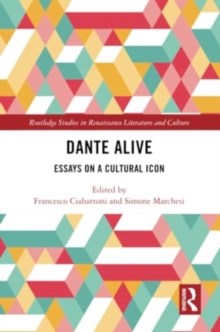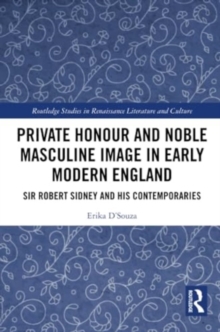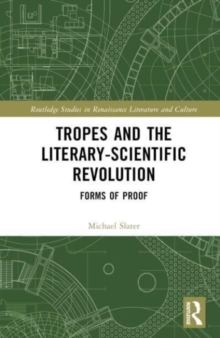
Sexuality and Memory in Early Modern England : Literature and the Erotics of Recollection EPUB
Edited by John S. Garrison, Kyle Pivetti
Part of the Routledge Studies in Renaissance Literature and Culture series
EPUB
Description
This volume brings together two vibrant areas of Renaissance studies today: memory and sexuality.
The contributors show that not only Shakespeare but also a broad range of his contemporaries were deeply interested in how memory and sexuality interact.
Are erotic experiences heightened or deflated by the presence of memory?
Can a sexual act be commemorative? Can an act of memory be eroticized? How do forms of romantic desire underwrite forms of memory?
To answer such questions, these authors examine drama, poetry, and prose from both major authors and lesser-studied figures in the canon of Renaissance literature.
Alongside a number of insightful readings, they show that sonnets enact a sexual exchange of memory; that epics of nationhood cannot help but eroticize their subjects; that the act of sex in Renaissance tragedy too often depends upon violence of the past.
Memory, these scholars propose, re-shapes the concerns of queer and sexuality studies – including the unhistorical, the experience of desire, and the limits of the body.
So too does the erotic revise the dominant trends of memory studies, from the rhetoric of the medieval memory arts to the formation of collective pasts.
Information
-
Download - Immediately Available
- Format:EPUB
- Pages:282 pages
- Publisher:Taylor & Francis Ltd
- Publication Date:19/11/2015
- Category:
- ISBN:9781317548874
Information
-
Download - Immediately Available
- Format:EPUB
- Pages:282 pages
- Publisher:Taylor & Francis Ltd
- Publication Date:19/11/2015
- Category:
- ISBN:9781317548874










